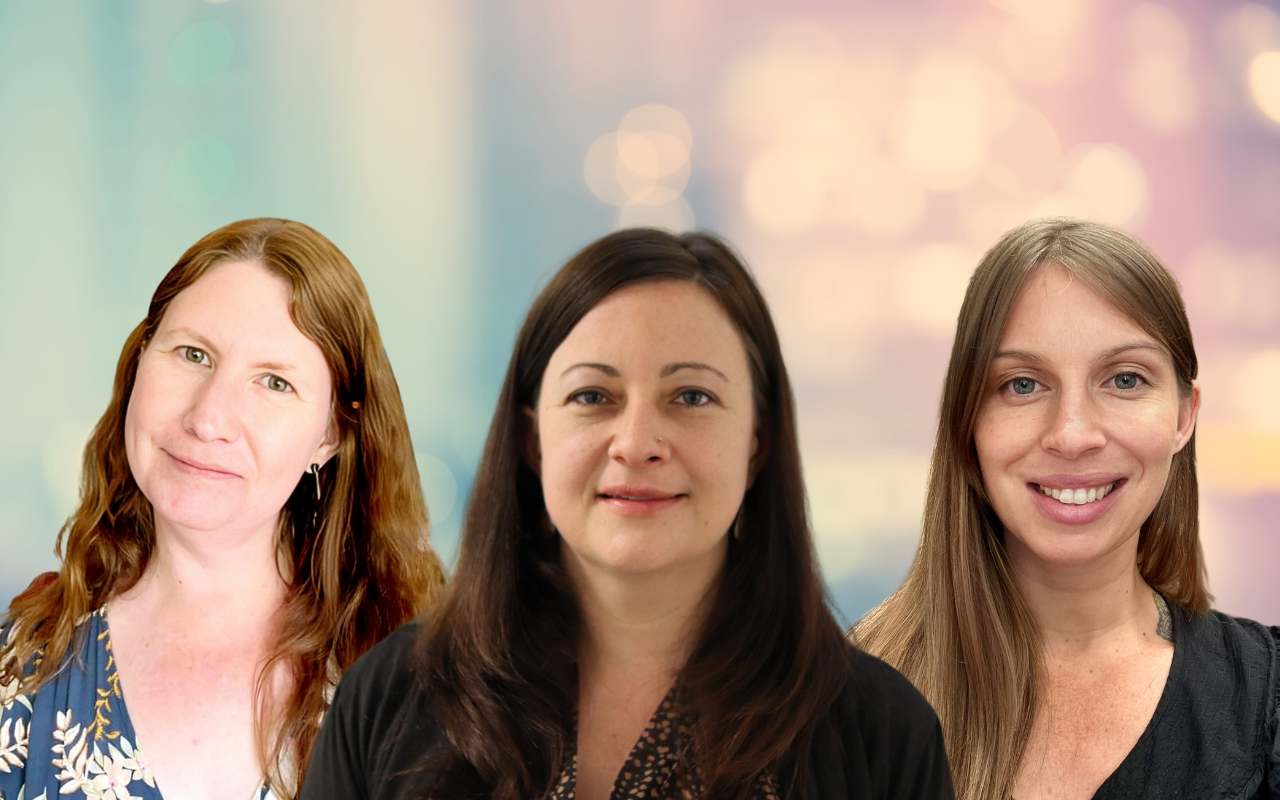Neurodiversity-affirming practice is now recommended in national clinical guidelines for assessment and supports for autistic people, but making it happen requires engagement, understanding, and effort.
In Australia, and around the world, there is growing recognition of the importance of recognising and respecting neurodiversity and engaging in neurodiversity-affirming practice.
In fact, today marks the start of Neurodiversity Celebration Week, which organisers describe as a “a worldwide initiative that challenges stereotypes and misconceptions about neurological differences.”
Reflecting on the celebration, the purpose of this article is to highlight positive developments the field of autism in Australia in recent years, and call for further engagement, understanding, and effort in striving towards the implementation of neurodiversity-affirming practice.
What is neurodiversity?
Every one of us is unique and we are all members of and contribute to a neurodiverse community.
However, as many as one in five people have been described as being neurodivergent, which, as one neurodivergent person explains, means having a “divergence from normal brain activity, brain shape or may be identified by different social behaviours.”
Being neurodivergent is not a medical term, but it is associated with a range of commonly known conditions such autism, attention deficit/hyperactivity disorder (ADHD), Tourette syndrome, developmental language disorder, stuttering, dysgraphia, developmental coordination disorder, dyscalculia, other learning differences, and mental health conditions such as schizophrenia.
Recognising and respecting neurodivergence is fundamental to neurodiversity-affirming practice.

Neurodiversity-affirming practice
Neurodiversity-affirming practice involves embracing each person’s unique understanding of other people and the world around them. When it comes to autistic people, it means not attempting to “cure” autism and instead thinking of autism as a neurotype rather than a disorder.
At least, this is how neurodiversity-affirming practice is described in Autism CRC’s National guideline for supporting the learning, participation and wellbeing of autistic children and their families in Australia, as well as the recent update of the National guideline for assessment and diagnosis of autism in Australia.
Drawing on the best available evidence from research, clinical practice, and community consultation, the guidelines set out recommendations for practitioners on how to deliver services that are safe, effective and desirable to autistic individuals and their families. Both guidelines were developed according to the international standard and the recommendations approved by the Australian National Health and Medical Research Council (NHMRC).
It is important to note that there is not a specific set of criteria for engaging in neurodiversity-affirming practice. Different people and patients may have different views about what a neurodiversity-affirming approach means to them. However, based on extensive consultation with the autistic community in developing the guidelines, we are able to offer some suggestions.
Language matters, and the guidelines each recommend that language used to talk about autism should be respectful. Many neurodivergent people, including ourselves (Amy Fitzpatrick, Rachelle Wicks), don’t consider ourselves as being “disordered”, and there is a move away from using the phrase “autism spectrum disorder”. Instead, the guideline suggests adopting identity first language, while acknowledging the importance of understanding the language preferences of each individual and not assuming their alignment with labels such as “neurodivergent”.
But neurodiversity-affirming practice goes well beyond language.
The guidelines highlight that a neurodiversity perspective should underpin the entire clinical process, from assessment and diagnostic evaluation, through to the provision of supports. Whereas, in the past, practitioners may have recommended therapies that specifically target a reduction in “autism symptoms”, the guidelines recommend focusing on assessment and support that maximise strengths and focus on functional needs.
The need for engagement, understanding and effort
Although events such as Neurodiversity Celebration Week help to raise awareness and garner support, we believe the most important change is led by individual practitioners.
Engaging with the concept of neurodiversity-affirming practice means being open-minded and seeking opportunities to learn from patients and neurodivergent people in general.
For some, it may feel simply like a new way of describing a view you have always held, that each person should be respected as they are, for who they are, and who they want to be. You are perfectly positioned to continue listening and evolving in your practice.
For others, the concept may be more challenging, which is why understanding the reasons why this approach to thinking has come about, and what it can mean for the health and wellbeing of neurodivergent people, is so important. This is where guidelines, professional development, and supportive colleagues and community members can help to deepen understanding.
Either way, like all aspects of best practice, engaging in neurodiversity-affirming practice requires effort.
The recommendation that practitioners engage in neurodiversity-affirming practice marks a significant step toward creating a more inclusive and equitable society. By shifting from a deficit-based model to one that recognises and celebrates neurodiversity, practitioners can provide more accurate assessments and better support for autistic and other neurodivergent individuals.
We hope the guidelines encourage ongoing commitment among Australian practitioners to continued learning and understanding of neurodivergence, ultimately embracing diversity in neurological functioning that will pave the way for a more compassionate and inclusive future for all.
Amy Fitzpatrick is a practising Speech Pathologist at NeuroJunior and Co-Project Lead in the School of Health Sciences and Social Work at Griffith University.
Dr Rachelle Wicks is a Research Fellow with the School of Health Sciences and Social Work at Griffith University, and an Honorary Research Associate with Telethon Kids Institute.
David Trembath is a Professor in Speech Pathology at Griffith University, and an Honorary Research Associate with Telethon Kids Institute.
Dr Rhylee Sulek is a Research Fellow with the School of Health Sciences and Social Work at Griffith University, and an Honorary Research Associate with Telethon Kids Institute.
The statements or opinions expressed in this article reflect the views of the authors and do not necessarily represent the official policy of the AMA, the MJA or InSight+ unless so stated.
Subscribe to the free InSight+ weekly newsletter here. It is available to all readers, not just registered medical practitioners.
If you would like to submit an article for consideration, send a Word version to mjainsight-editor@ampco.com.au.

 more_vert
more_vert
I’m autistic and I really don’t consider the neurdiversity movement to speak for me. It’s sad and shameful that the austrailian government is propagating this movement.